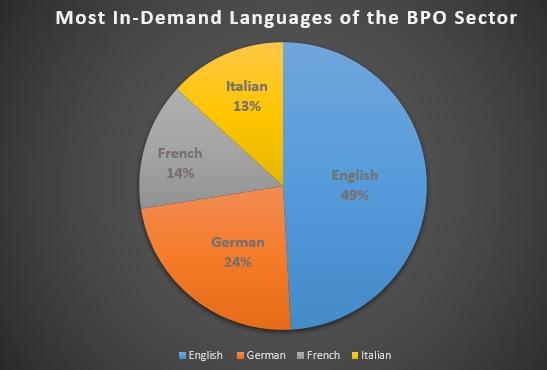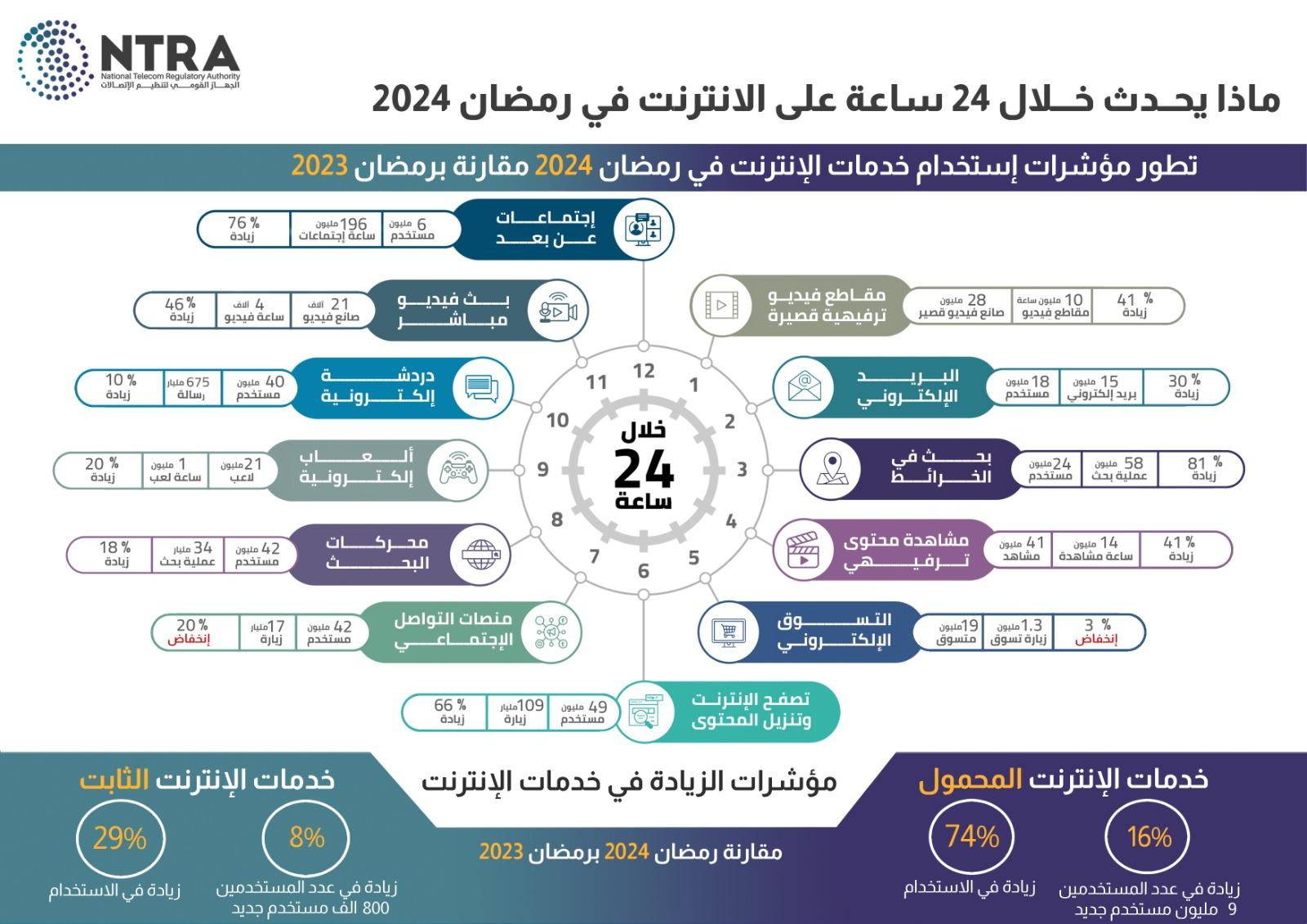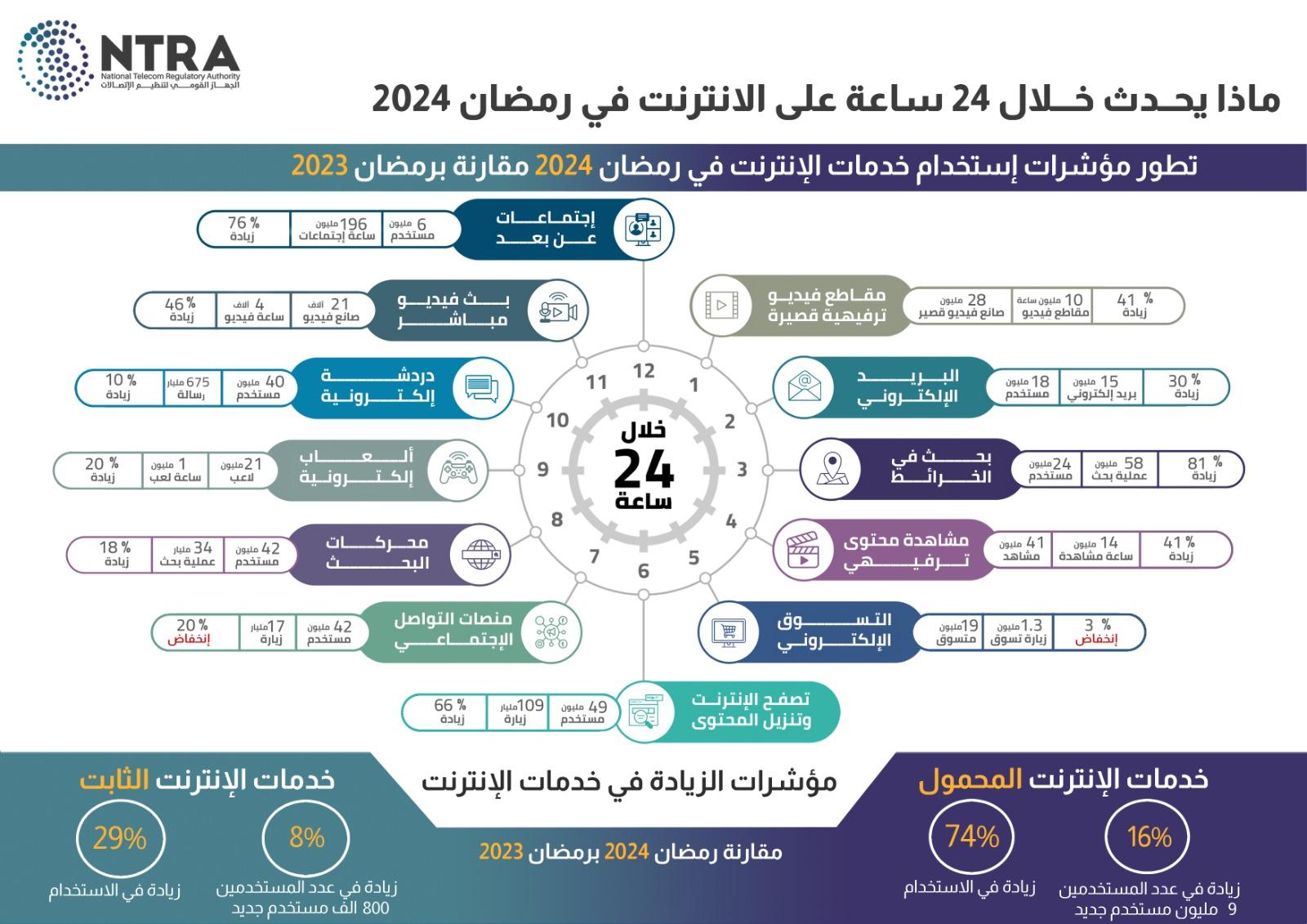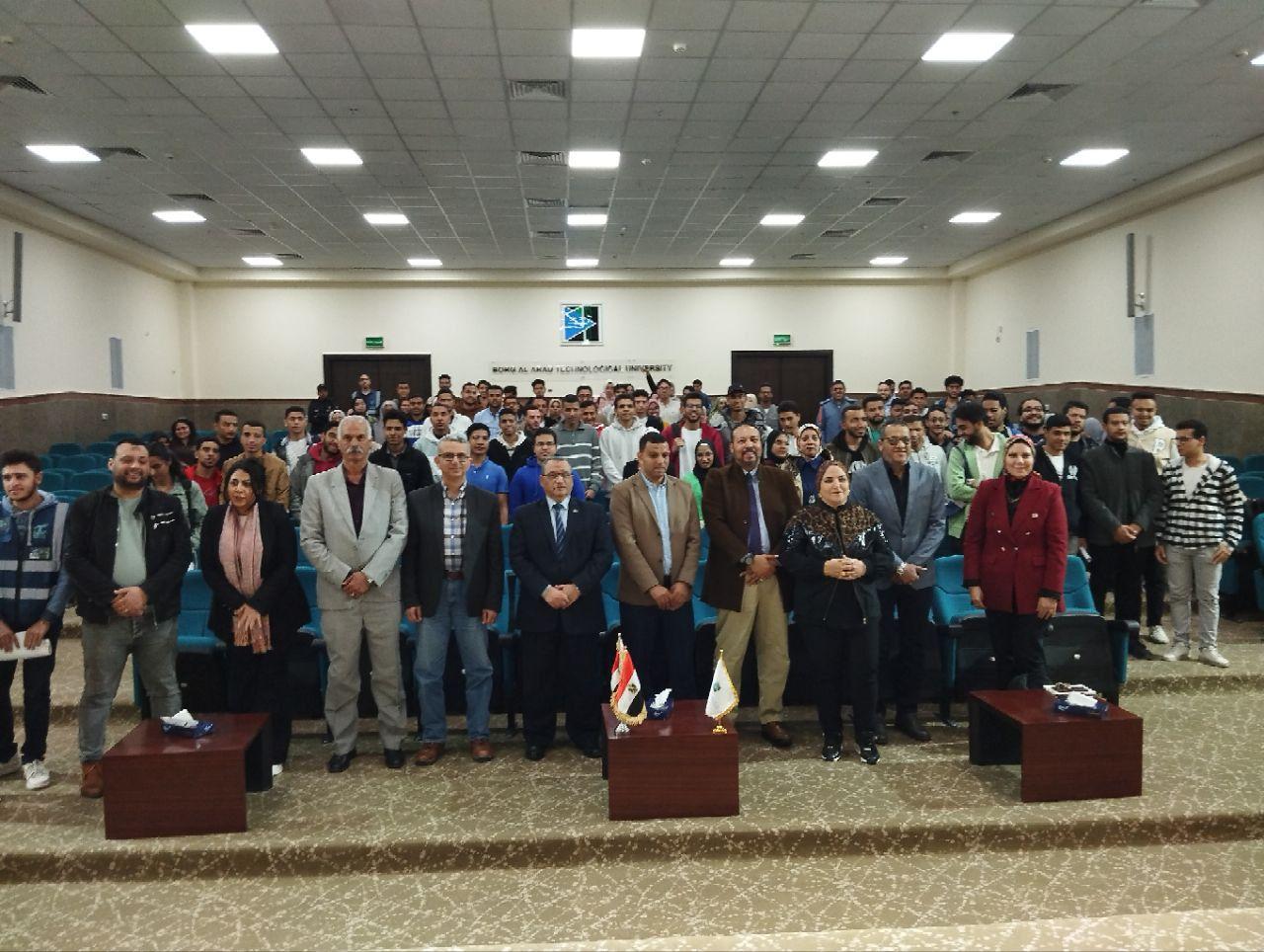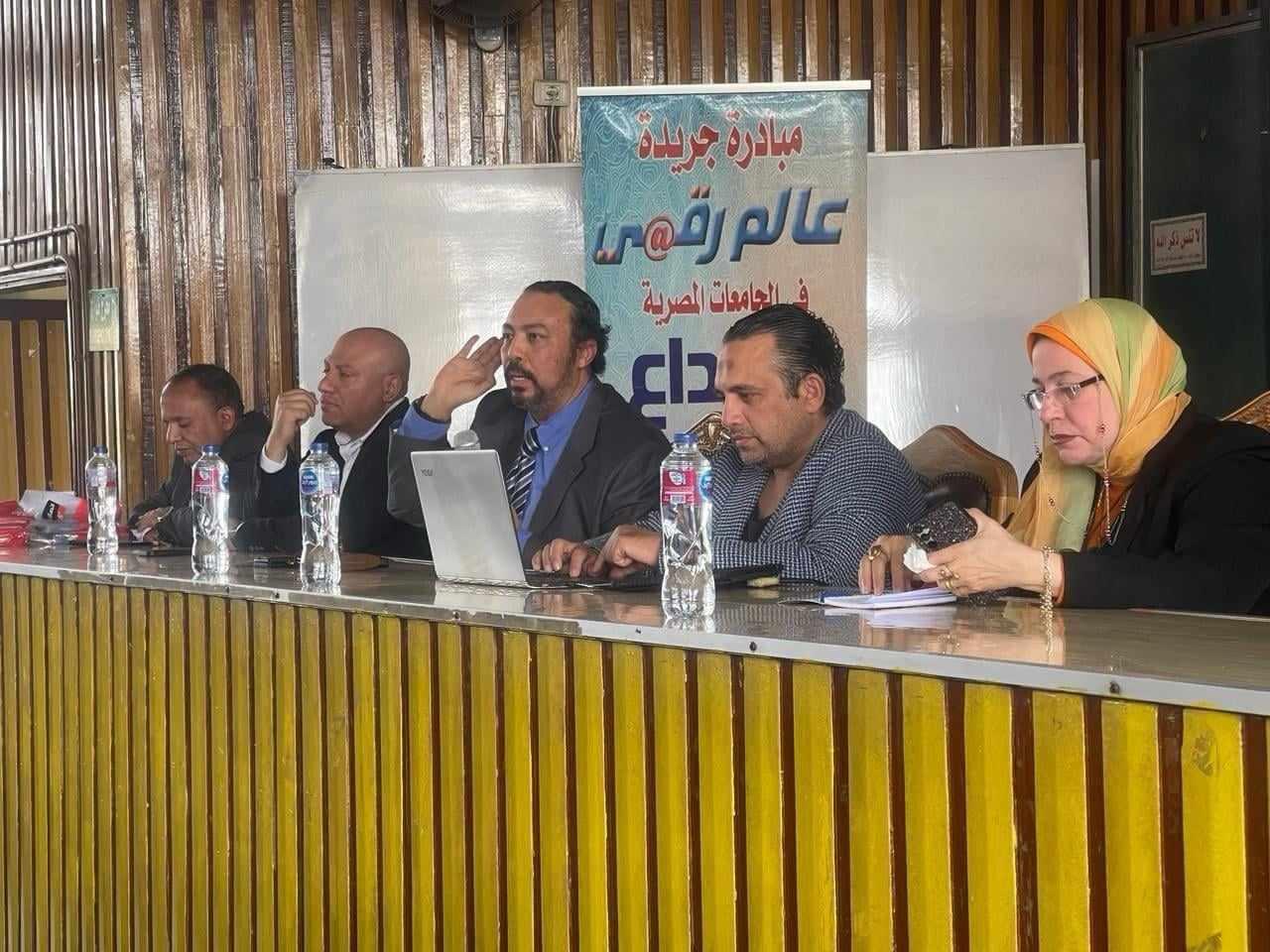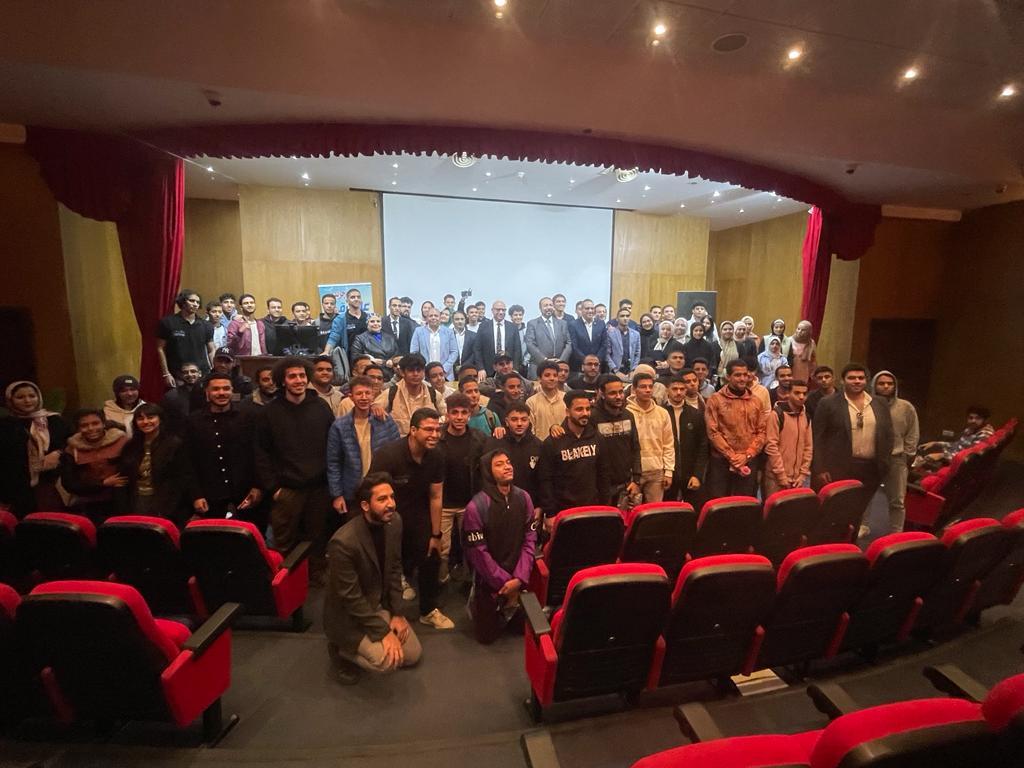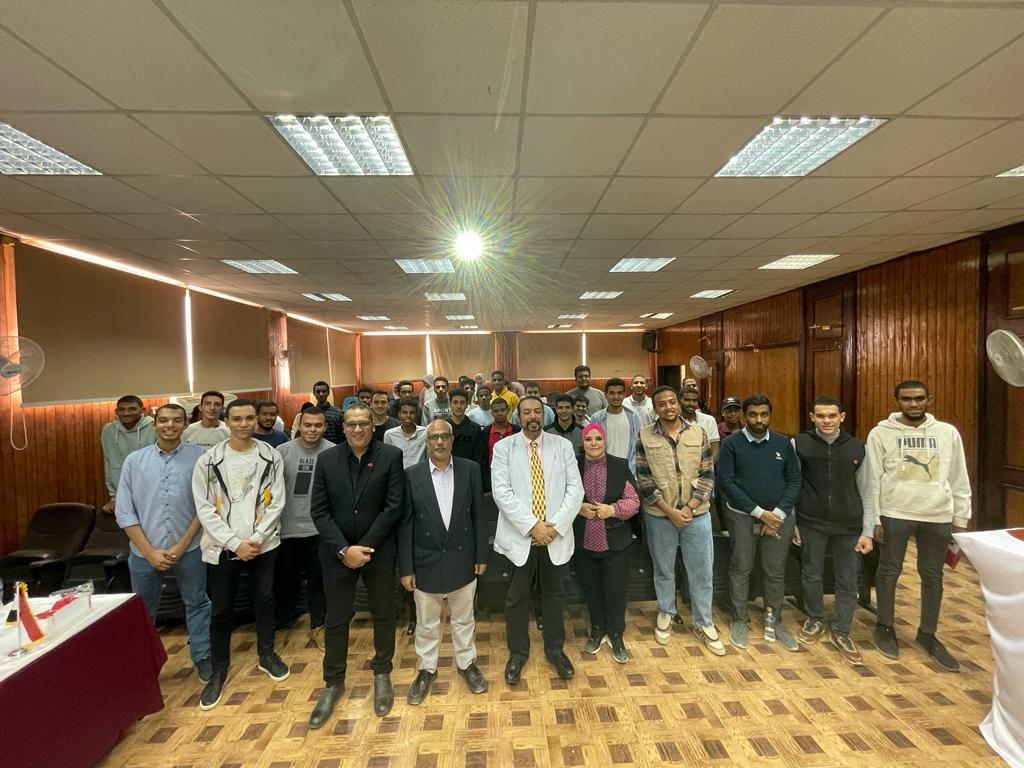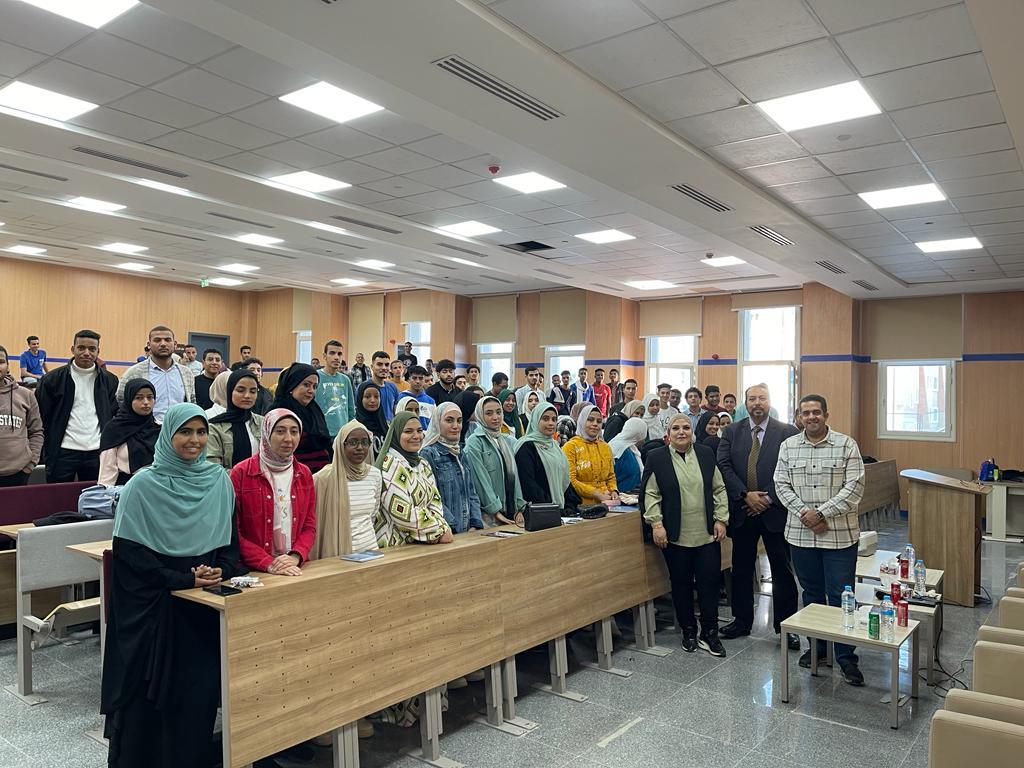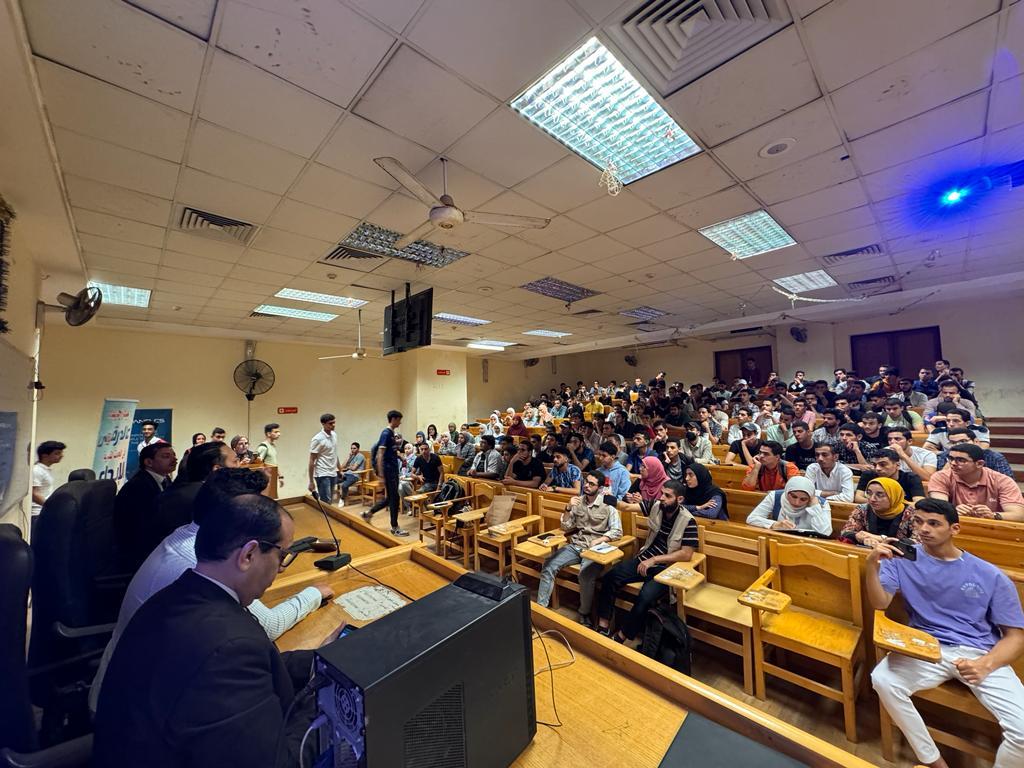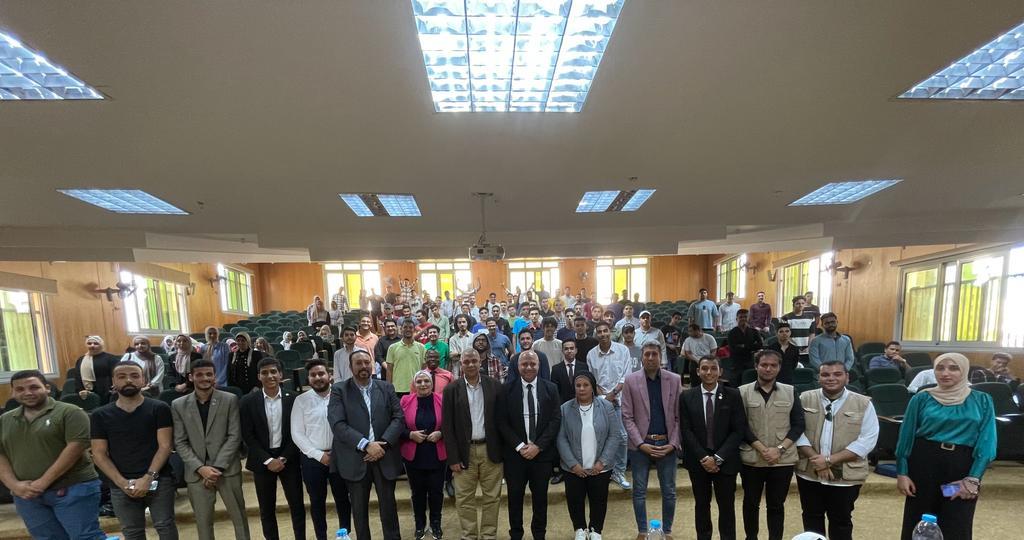By: Khaled Hassan
Dr. Amin Hasbini, head of Kaspersky's research center in the Middle East and Turkey, and members of the global research and analysis team, in response to a "Alam Rakamy " question about the purpose of corporate e-mail, in light of relying on the concept of "remote work", the spread of the Covid virus pandemic - 19 "Trade and Domestic Support", both for governments and for the interior, in the Middle East and Africa
Network penetration begins through these transfers, by encrypting this data, through network penetration operations, and this process of network penetration. Data to threaten and demand a ransom.
On the oter hand Kaspersky Security Network (KSN)’s latest statistics have revealed the changing cyber threat landscape across the Middle East. Egypt had the fourth highest significant increase of 38.7% in financial malware during the first half of this year as compared to the same period of last year. The latest findings from KSN disclosed that the financial malware seen across the Middle East has increased by 36.6%in the first half of 2020 as compared to the same period last year.
The Kaspersky Security Network (KSN) is a specialized infrastructure designed to process threat information and transform them into actionable insights.
The highest increase in financial malware is in Oman with a staggering 72% increase. Saudi Arabia and the United Arab Emirates follow with an increase of 55% and 42.5% in financial malware respectively.
Maher Yamout, Senior Security Researcher at Kaspersky, commented on these findings saying, “There is no doubt that within the Middle East, organisations and individuals are prone to various forms of cyber threats.
As the world navigates its way through this new normal and adapting to working from home, this change comes with its own set of cyber threats that everyone needs to adapt. These findings display the importance of being vigilant about the different malware that could pose a potential risk.”
As mobile and internet banking is becoming the new norm in light of the ongoing pandemic cybercriminals are finding it much easier to target unsuspecting users.
Users who are not aware of the steps they need to take when conducting their financial transactions online might unknowingly fall victim to fraud. These could be the reasons for an overall increase in financial malware across the Middle East. Financial malware is aimed at stealing financial data and occupies a large part of the cybersecurity threat landscape.
Finance is the most appealing motivation for cybercriminals and Kaspersky’s latest findings have shown that this type of malware is showing no signs of slowing down in the aforementioned countries.
The findings have also revealed that Egypt had a slight increase of 10.9% in phishing attacks over the same period this year. Even with the decrease in phishing attacks in the Middle East (10.4%) this is still a prominent threat that Egypt faces. Despite the increase, Egypt has seen in phishing and financial attacks, the country saw a decrease of 33.5% in ransomware attacks.
Phishing attacks still tend to be growing steadily to be an imminent threat that is on the rise especially due to an increase in Covid-19 related phishing attacks.







